Investment banking is a much sought after career choice. While it comes with a sparkling set of rewards, it’s no secret that the job is demanding and high-stakes. Hence, to grab such an opportunity, one has to excel at the interview and stand out. Your resume, technical skills, and knowledge of finance are vital to the job application process but the interview is your one chance to make a long-lasting impression. These interviews also require weeks’ worth of preparation as they involve both technical and behavioural questions. So, once you get the interview call, here are 3 questions that you must ace in order to get the job of your choice:
1. A Guesstimate Question
As the name suggests, this is a question that requires making an educated estimate. To do so, you need a process that combines guesswork and calculation.
Here are some examples of guesstimate questions:
- How much sunflower oil is used in India in one year?
- How many hairstylists or barbers do you estimate there are there in this city?
- Find the amount of chocolate used in India in a day
- Guesstimate the number of cigarettes consumed in the US in a month
- How many tennis balls can fit in a bus?
- How many refrigerators are sold in London in a month?
From a cursory glance, these questions might appear impossible to answer. Yet, there’s a strategy to them. The interviewer is not as focused on the right solution but instead on your problem-solving process. A job in investment banking requires you to think strategically, analytically, and critically, often on your feet. Hence, these questions are aimed at deciphering how well you can do that. Here’s a detailed guide on answering guesstimate questions remarkably.
2. What is the Weighted Average Cost of Capital (WACC)?
Investopedia defines the Weighted Average Cost of Capital (WACC) as a firm’s average cost of capital from all sources, including common stock, preferred stock, bonds, and other forms of debt.
As an investment banker, this metric is useful for many reasons:
- In cases like mergers and acquisitions, the WACC can help weigh the cost against the benefits. A merger would be considered beneficial if it can generate a higher return than its WACC.
- A lower WACC is better as it signals that the company can attract investments at a lower cost.
- The finance team can also use the WACC when evaluating a project or planning to make an investment. For example, if the company’s investment in new machinery has a lower rate of return than its WACC, the company should consider other uses for that money.
During IB interviews, it’s not only important to know the textbook definition of WACC but also its implications and hypothetical scenarios where it might be used.
3. Why do you want to work in investment banking?
This is one of the most important questions in your investment banking interview. What you need to answer this is a clear, well-articulated, and goal-oriented answer. There is no right answer here, however, you must be able to connect the dots between what you have done and what your aspirations are. You should also talk about the skills you will be able to gain from working in this industry and the contributions you will be able to make.
Not all aspects of this answer have to be work-related per se. You should also use this opportunity to talk about networking and relationship-building within the company and with your clients. Interviewers appreciate it when you are thinking about the impact you can make in their organisation and community.
This is also an excellent chance to highlight your transferable skills, especially if you are not from a finance background. However, do remember the good ol’ “Show don’t tell.” For each skill that you mention, demonstrate examples of when you were able to put it to test, whether it is for a leadership position at the university level or your discipline for a craft.
Conclusion
Be it JPMorgan or Goldman Sachs or any investment bank of your choice, all interviewers pay disproportionate focus on the interview process. Hence, you must ensure that you spend considerable time researching and understanding this step of the job application. Each company also has its own resources to guide you on how to prepare for the interview. With that in your back pocket and concrete answers to the above three questions, you will be well on your way to landing that dream investment banking job!

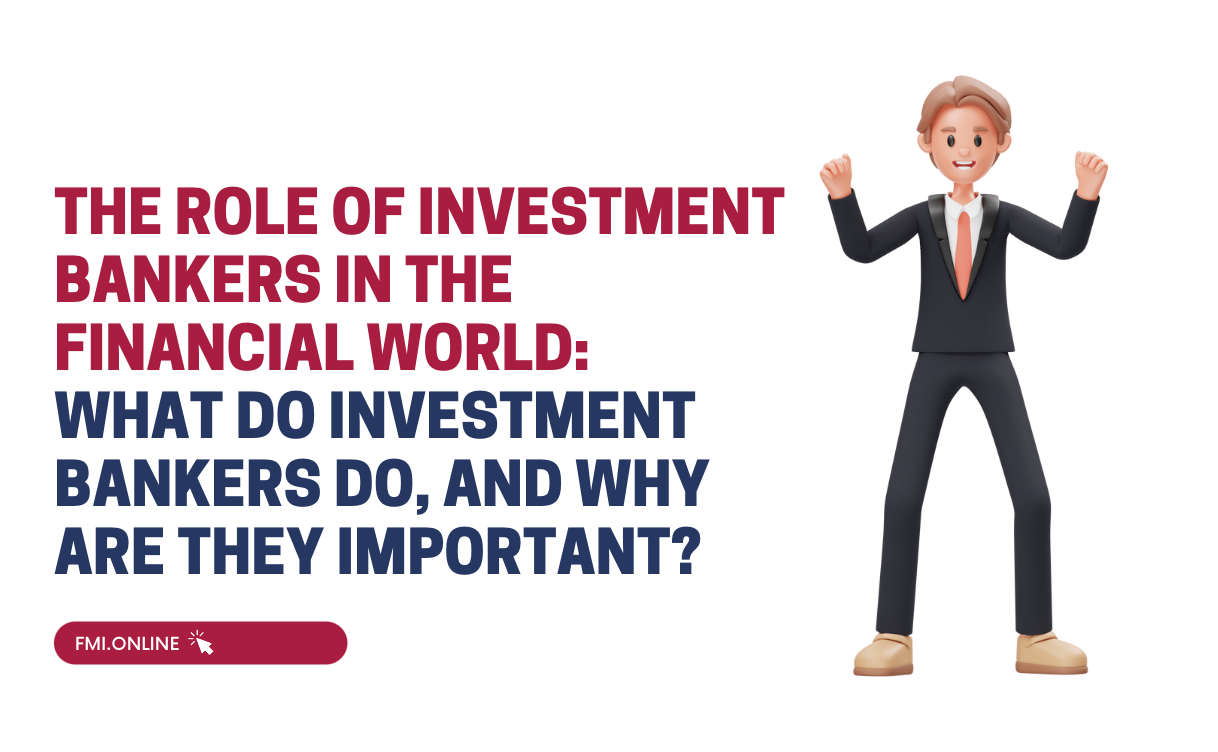
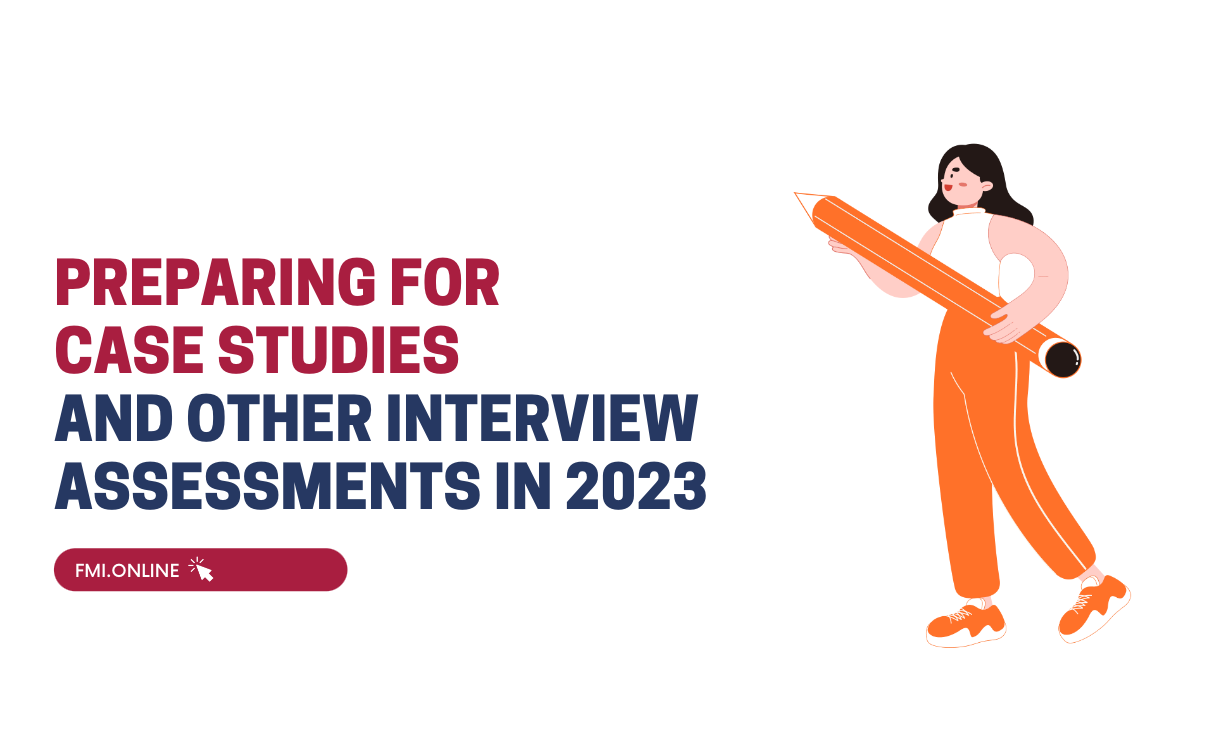



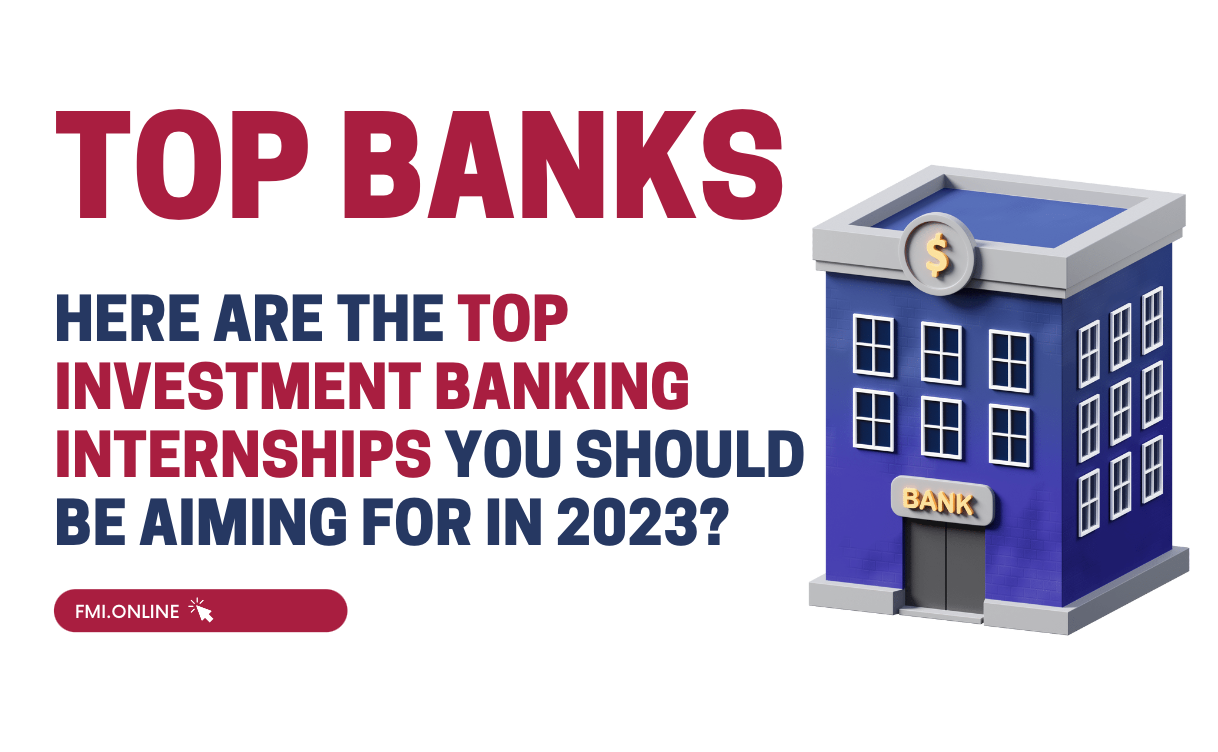
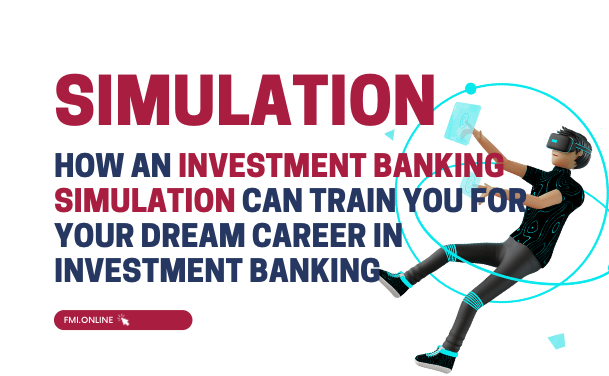
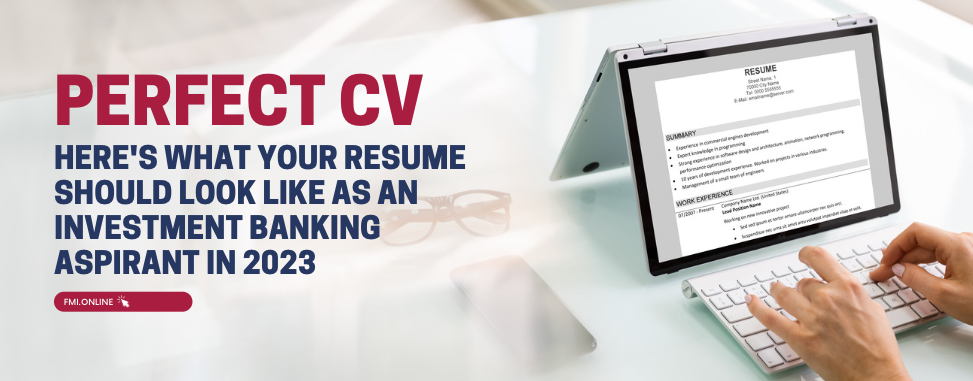



 60+ hours
60+ hours 9 courses
9 courses



